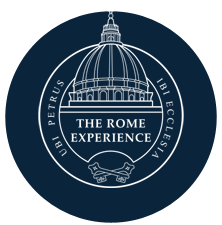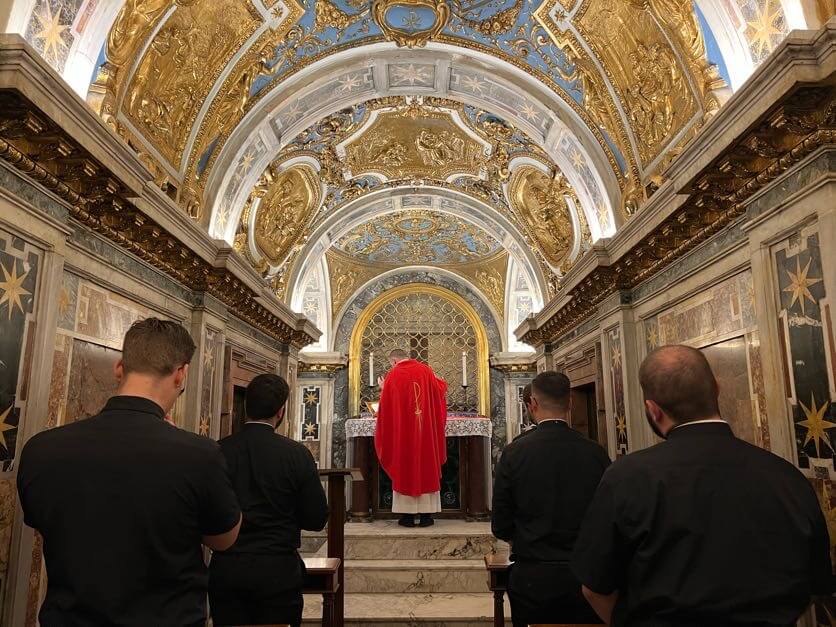Our Roman Patrimony | Reflections from Rome 2023
In one of his many writings, Blessed Columba Marmion made reference to the Church as “one, holy, catholic, apostolic, and Roman.” In adding this last “mark” to the Church, he hit on something that one can certainly experience throughout the Universal Church but is particularly experienced in Rome – the importance and central nature of the Eternal City and the patrimony which we have received and ought to embrace as Roman Catholics (especially in the Latin Rite).
Cardinal Sarah speaks often today about how the West has forgotten its roots. But he generally comments that there is a wider problem of persons denying their roots or even that there are any roots at all. In this age of subjectivism and the ideological turn to the “self-made man” which depends on neither father nor mother, neither homeland nor culture, neither God nor the Church, we have come this summer to the heart of the Church to receive and embrace our Roman patrimony. We have a distinct Latin heritage which we must embrace as seminarians studying to be priests of the Latin Rite. We have a history and tradition in which we must be formed, be it artistic, cultural, liturgical, theological, and so on. How can we love Holy Mother Church well if we do not know Her? And not only know her as She is today, but also know Her as She has been throughout history.
As Catholics in the Latin Church, we have a deep connection with Rome, and it is from here that we receive an identity, guidance in practical aspects of life, methods of prayer, traditions of different kinds (especially the Apostolic Tradition of the Universal Church), and countless other things. We rely on our history to not only know who we are, but also to know how to live, how to pray, and how to fully embrace what is dearest to us – the Roman and Latin elements of the Catholic Faith and our tradition (certainly in tandem with all that is universal in the Church). We have a patrimony from which we are receiving, in which we are being formed, which we love dearly, and by which we give glory and thanks to Almighty God. Our presence in Rome gives us a special chance to embrace our patrimony and not only learn about the Church in a more abstract way, but also to learn about ourselves and who we are as members of the Mystical Body of Christ, and one day by God’s grace, priests of Jesus Christ.
Blaise Buches
Archdiocese of Denver


